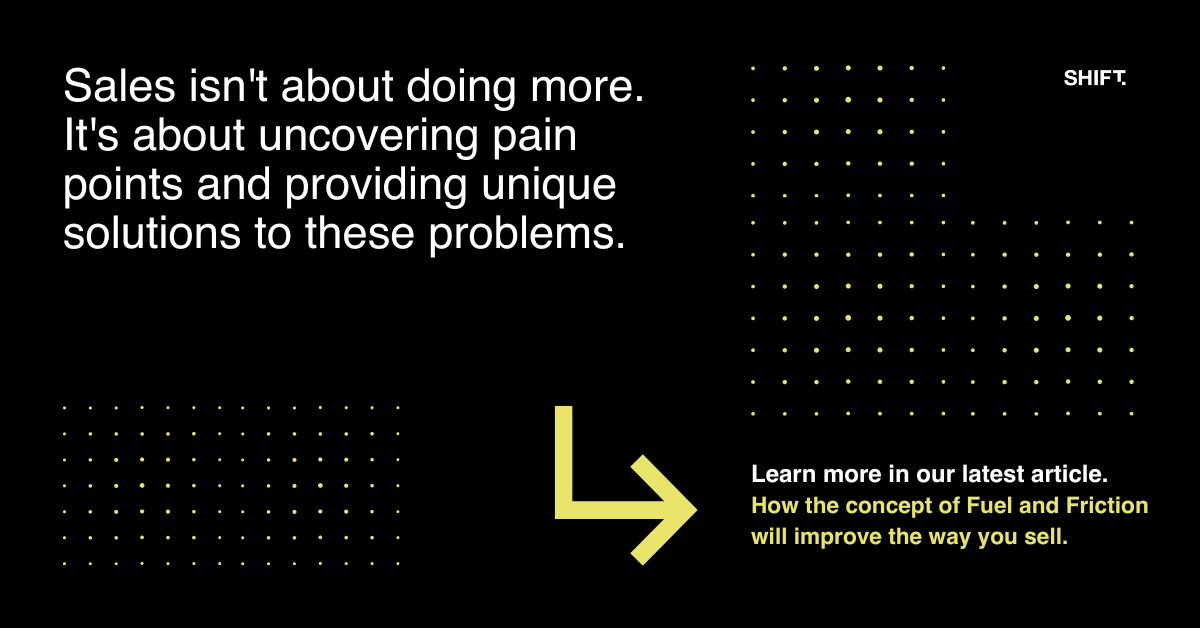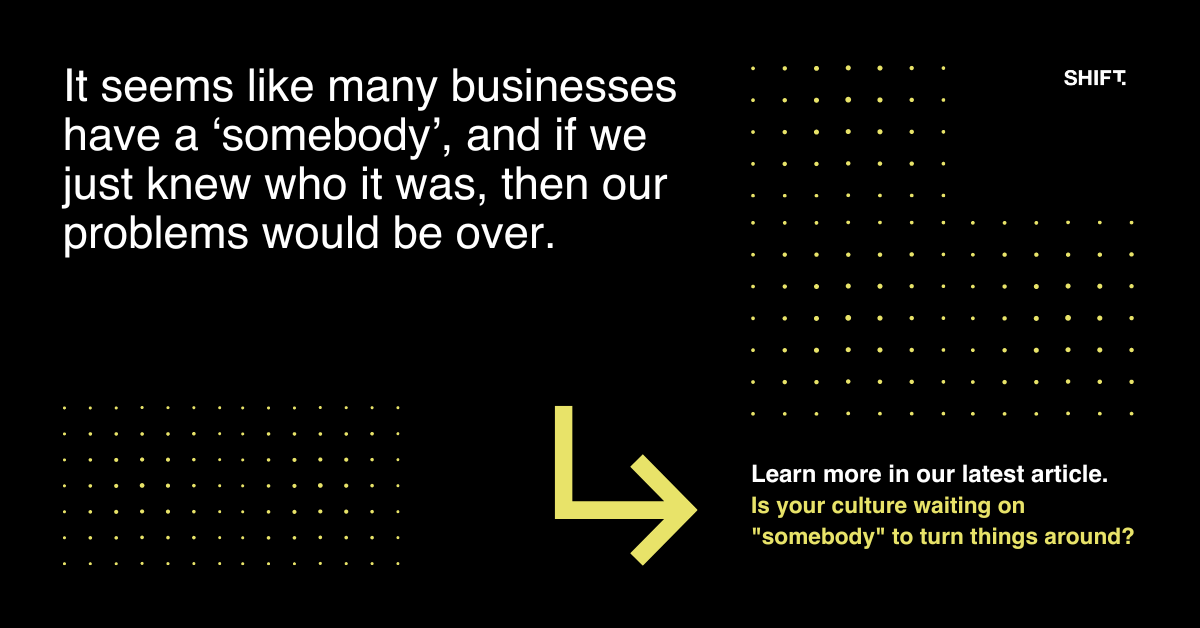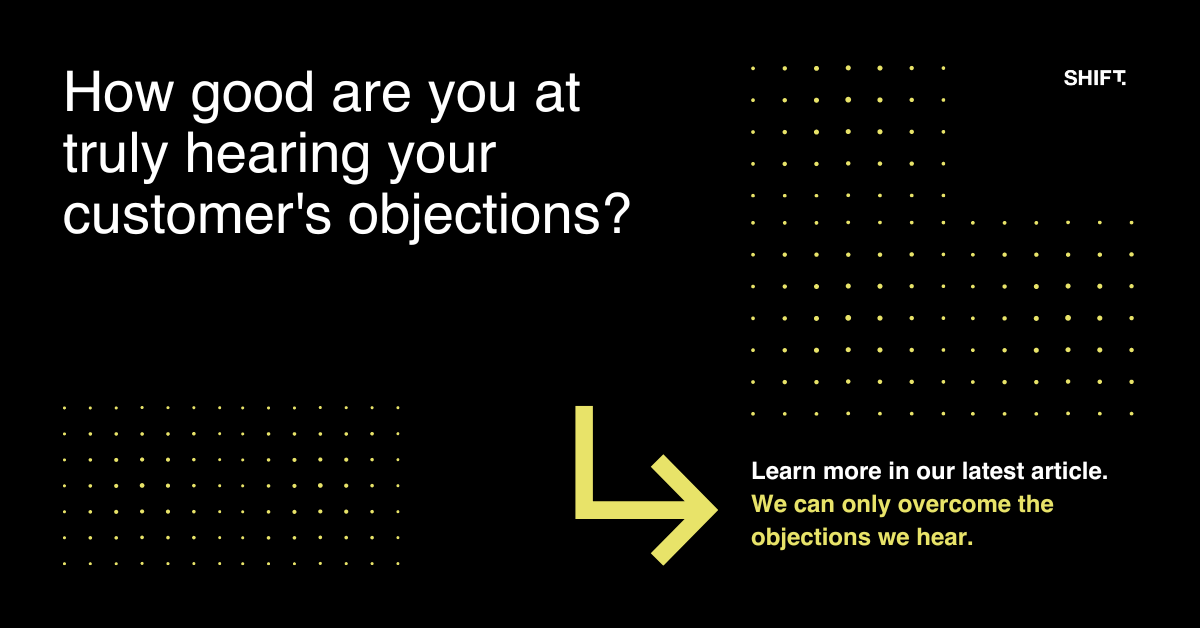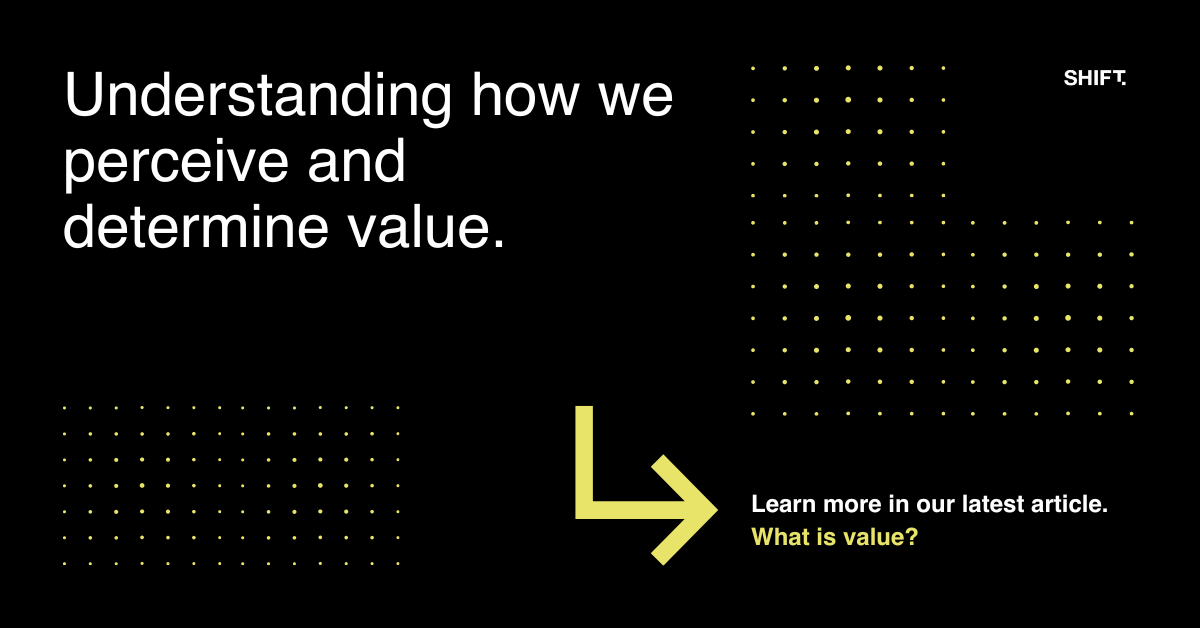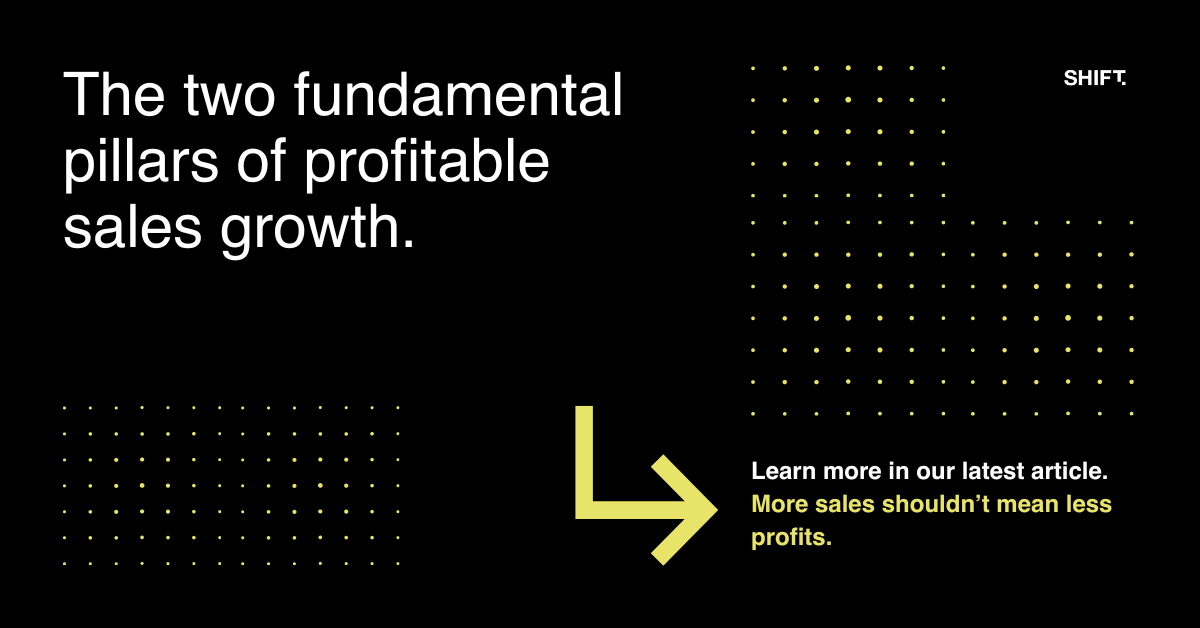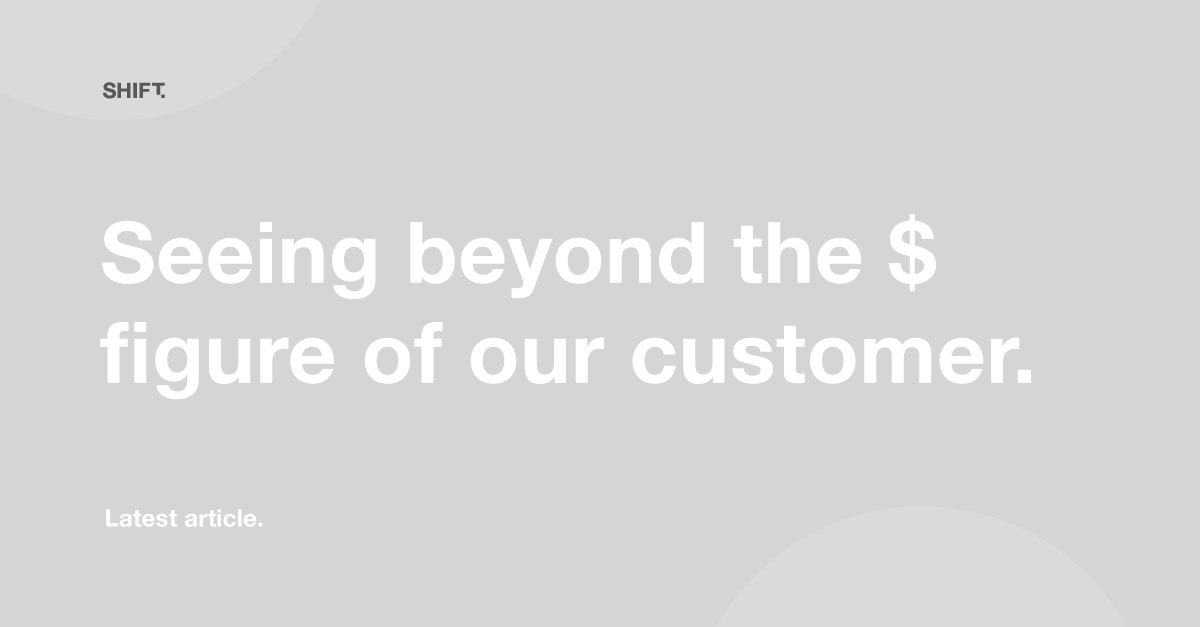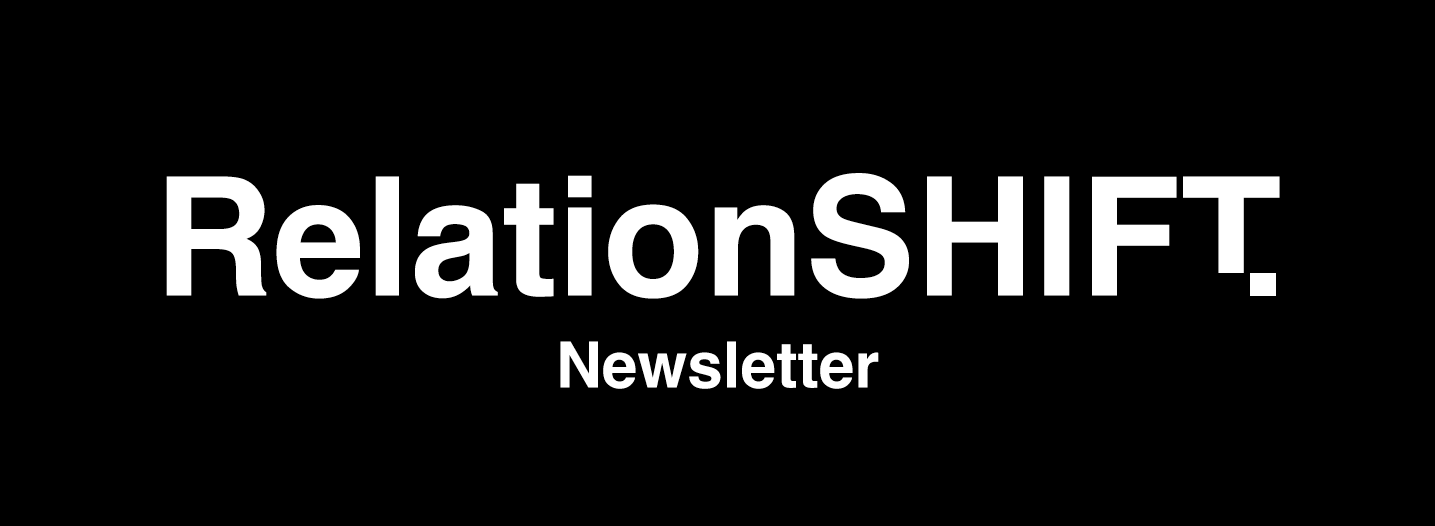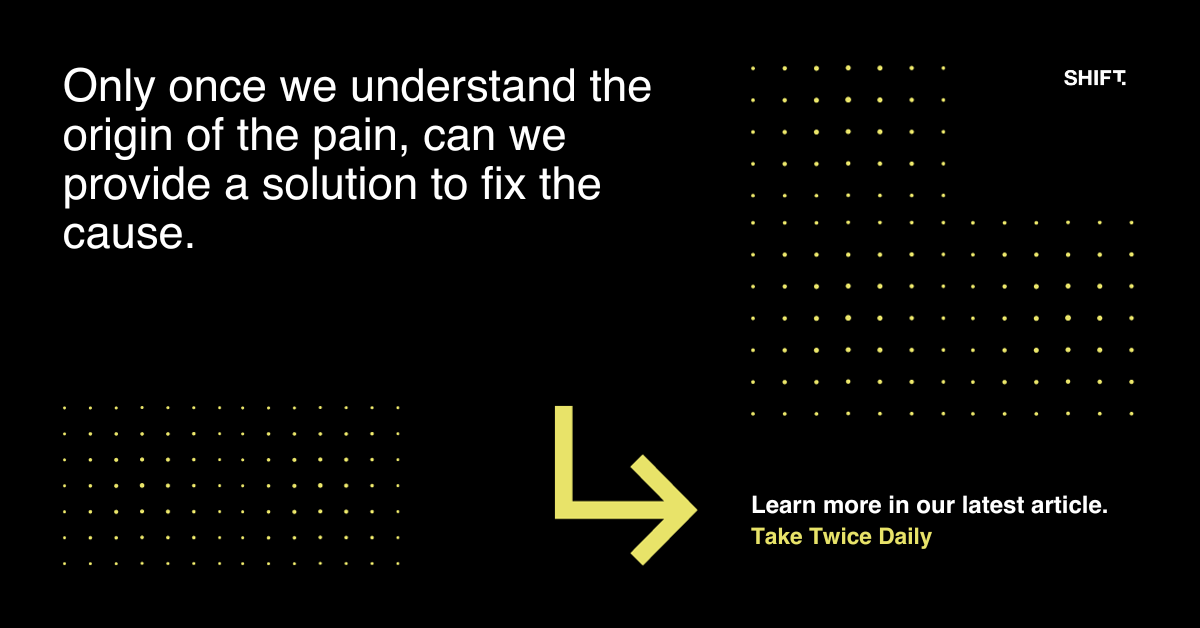The other day I cancelled my salary continuance insurance. They sent me a letter with the new monthly premium at nearly 10% higher than the previous year. It was a significant amount of money to pay out monthly. A ‘tone-deaf’ activity when many are struggling through this pandemic.
I’ve had this particular insurance for at least thirty years and the last nine years with this particular company.
As expected, I received a call not long after sending an email to ‘whom It may concern’, wanting to know why I was cancelling the policy. Now those of you who have read my blogs before will know that this is called asking why in a negative.
This question was good for him and not for me. You can guess what my answer was, as asking why in a negative nearly always ends up with the same response…
Yes, you guessed it, “it’s too expensive” - so he proceeded to try and tell me I was on a premium insurance package and maybe I needed to change to a standard package. He didn’t ask me what had changed in my life, he didn’t try and find out about me, who I was or what was important to me. In the nine years I have been with this insurance company I have had no calls or correspondence except for a letter each year increasing my premium and a letter for tax purposes outlining my financial year contributions.
The reason I’ve had the insurance was just in case something happened. It wasn’t because they were brilliant at what they did, or that they had a compelling offer that made me want to pay out these dollars. To the insurance company, I was just a premium, an account number with a significant $ attached to it. The only time they wanted to talk to me was when I was leaving. They had taken me for granted. Shame on them!
So, what could they have done to keep me?
First, we ask ourselves “how do insurance companies make money?” Yep, collecting as many premiums as they can and paying out as little as they can. That’s okay cos’ those that find themselves unable to work and support their families through accident or illness know that the insurance policy they have is a godsend.
However, for the majority, they never have to claim and so they see it as money going out with no benefit. For these types of policies, the healthier the policyholders, the less the insurance company will pay out and so, the answer lies with ensuring they are proactive in helping their policyholders stay healthier. So now they have the opportunity to see their policyholders as people with lifestyles. Customers they could give benefits to that never cash in on the policy!
What could this look like? Imagine if they got you a much-reduced gym membership and some personal training as well. Maybe if you are a walker instead, they were able to get you into a pair of Nikes per year at a fraction of the cost? Or as a golfer, they were able to get you a discount on your membership? What if they helped connect you to other customers who liked doing what you do and created tribes of customers enjoying the same benefits? What if they made sure each year, they organized a full health check for you, and based on continuing to stay healthy, your premiums went down instead of up?
Insurance companies can connect with their customers in so many ways that would make a difference in their lives and would see a reduction in customers leaving them. They would see more joining as premiums reflected the customers’ situation, health and overall outcomes of fewer payouts
The difference is whether you look at the customer as purely a $ figure or whether you shift your perspective and see the customer as an opportunity to really connect and keep them for life.
Follow the customer, not the sale!
Happy Selling
Andrew Nisbet
